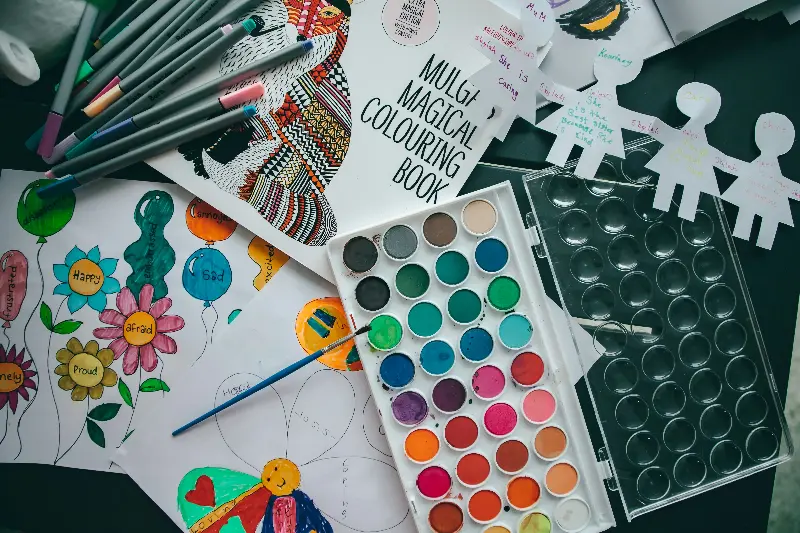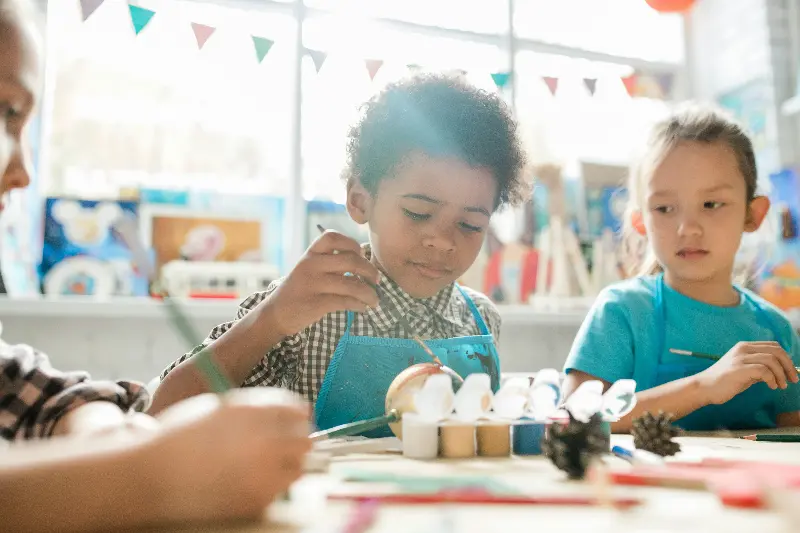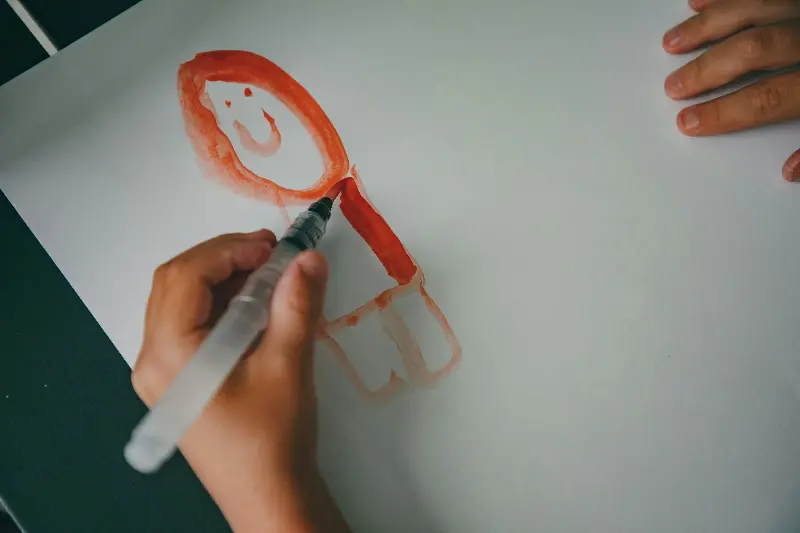
Imagine a classroom where maths problems echo through music notes, science lessons spring to life with watercolours, and history unfolds beneath bright stage lights. While creativity in schools has sometimes been seen as the “fun break” rather than the “serious work”, modern research reveals a more profound truth: daily creative habits can quite literally rewire young minds for brilliance, confidence, and lifelong success.
Brain Gains: The Science Behind Creativity
Think of a child’s brain as a bustling city, with neural pathways forming roads between important destinations. Engaging in creative activities like painting, acting, or playing instruments lays down new, faster routes—improving memory, problem-solving, and emotional resilience.
Neuroscientists have found that when children create art or music, multiple regions of the brain light up simultaneously, strengthening those priceless connections that underpin learning. In fact, studies show students who participate in the arts achieve higher scores in maths and literacy, thanks to enhanced cognitive flexibility and concentration built through these practices.

School Success: More Than Just Grades
It’s not only about brainpower. Daily creative habits infuse children with self-belief and motivation. Here’s why the link between creativity and academic achievement is so compelling:
- Pupils who engage in drama and storytelling tend to excel in reading comprehension and vocabulary tests.
- Regular musicianship is associated with better spatial reasoning, sometimes boosting maths performance by up to 20%.
- Art projects teach perseverance, offering invaluable lessons in experimenting, risk-taking, and embracing mistakes as part of learning.
Beyond marks on a page, children involved in creative pursuits typically show higher levels of school engagement, better attendance, and are less likely to drop out.
Skills for a Bold New World
The workplace of tomorrow prizes innovation, adaptability, and emotional intelligence—skills that academic drilling alone can’t fully nurture. Creative routines lay the groundwork for:
- Collaboration: Group projects in theatre or music hone teamwork skills.
- Communication: Art and performance demand sharing ideas clearly and confidently.
- Critical Thinking: From deciphering a script to solving design challenges, creative tasks urge young people to think outside the box.
Even short daily sessions—a 10-minute doodle, a lunchtime song practice, or after-school improv—can make a real difference. These moments help build resilience, empathy, and the courage to tackle challenges in study, work, and life.

Making Creativity a Daily Habit
For parents and educators keen to foster daily creative practice, the key lies in making it accessible and pressure-free:
- Put out paints and craft supplies for spontaneous creation.
- Encourage children to share jokes or stories at the dinner table.
- Revisit old puppets, musical instruments, or costumes from the back of the wardrobe.
- Celebrate effort, not just the end results—every sketch or dance step is growth in action.
Consistency trumps perfection—those tiny everyday acts accumulate, transforming not only skills but self-belief.
When we value creative expression alongside academic excellence, we plant seeds for agile, innovative thinkers equipped to thrive in an unpredictable future. As you watch a child perform, paint, or play, consider: what new worlds might unfold if every day included a little more artful daring? The next masterpiece—on canvas, in class, or in life itself—might begin today.
